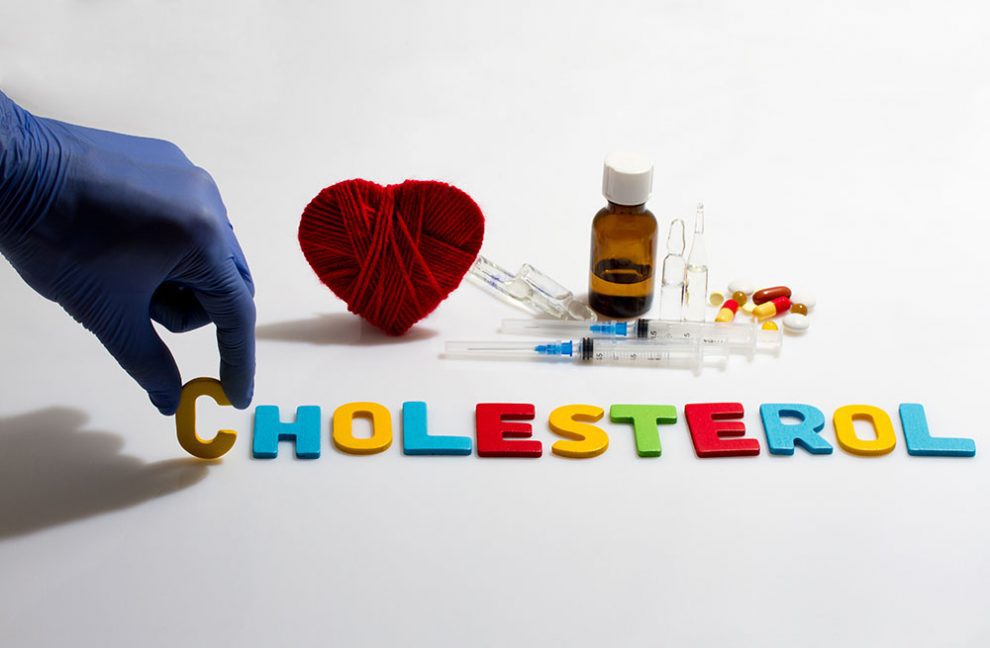We’ve all heard of cholesterol – the good, the bad, and the ugly. But what is it, and why do we need it? We speak to Professor Kerry Anne Rye for her views on why cholesterol is an essential part of our diet
What is cholesterol?
Cholesterol is a type of fat which circulates in the blood and is essential for many metabolic processes, including the production of hormones – such as oestrogen, testosterone and adrenal, building cells, helping your body produce vitamin D, and producing bile acids which help the body digest fat and absorb important nutrients.
What are the two types of cholesterol?
There are two sides to the cholesterol story,” says Professor Kerry Anne Rye. “Most of the cholesterol in blood is carried in particles called lipoproteins. The lipoproteins that contribute the most to blood cholesterol levels are high density lipoproteins (HDLs) or “good cholesterol” and low density lipoproteins (LDLs) or “bad cholesterol.”
How cholesterol heals and harms
Cholesterol itself isn’t harmful, but high levels of the wrong sort can be. “Cholesterol is transported in blood in a form known as cholesteryl esters, that are produced in HDLs and then transferred to LDLs,” says Rye. “A high blood LDL cholesterol level increases the risk of developing heart disease. This is due to LDLs entering blood vessels that lead to the heart, where they become oxidised, accumulate as fatty deposits and are eventually incorporated into complex atherosclerotic lesions. A heart attack occurs when an atherosclerotic lesion ruptures, or its surface is eroded, and its contents are released into the centre of the artery, where they cause a clot that stops blood from flowing.”
In contrast, high HDL cholesterol levels are associated with a reduced risk of developing heart disease. “The basis of this relationship is not well understood,” says Rye, “but we do know that HDLs have several properties that can potentially decrease heart disease risk, including an ability to reduce inflammation in blood vessels leading to the heart. HDLs also prevent LDLs from becoming oxidised and they remove excess cholesterol from inflammatory cells that are present in fatty deposits in the artery wall. This suggests that increasing HDL cholesterol levels may decrease the chance of having a heart attack.”
Rye believes that ongoing clinical trials may lead to a dramatic change in thinking about how HDLs may actually protect against heart disease. “Emerging evidence has suggested that improving the cardioprotective functions of HDLs, such as their ability to inhibit inflammation, remove cholesterol from the artery wall and reduce LDL oxidation, may be better strategies for reducing heart disease than increasing HDL cholesterol levels,” she says.
Until further studies have been made, it’s important to ensure you’re eating a wholesome, balanced diet of fibre, vegetables, fruit, seafood and lean meats. Stopping smoking and increasing your amount of daily exercise will also reduce your risk of heart disease.





















Add Comment